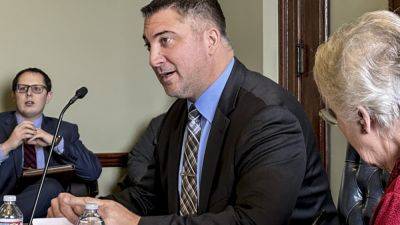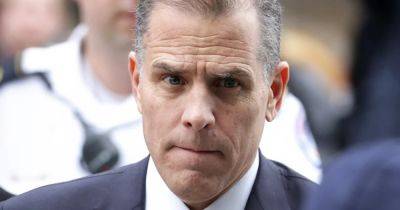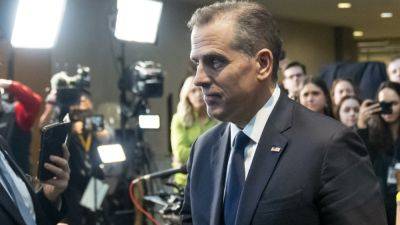Bipartisan Complaints After House Nixes Vote On 9/11-Era Surveillance Law
Opponents of a controversial 9/11-era intelligence-gathering law feel they were denied a chance to fix it this week when House leaders kept the issue from coming to the House floor.
“I wish we were proceeding right now,” said Rep. Jim Jordan (R-Ohio), chair of the House Judiciary Committee, which had approved its own bipartisan overhaul last year.
“Unless @SpeakerJohnson takes action, FISA reform has stalled,” posted Rep. Warren Davidson (R-Ohio) on social media Thursday, referring to the Foreign Intelligence Surveillance Act.
At question was the so-called Section 702 authority, named for a section of FISA that allows the government to keep tabs on foreigners outside the U.S. suspected of spying. The law, created to prevent another terrorist attack like the one on Sept. 11, 2001, from happening again, is set to expire in April after it was extended in a defense policy bill passed in December.
Following Sept. 11, the George W. Bush administration began a massive, and largely secret, surveillance program to keep tabs on foreigners outside the U.S. who were suspected of spying, which included illegally intercepting electronic communications, including emails between Americans and suspected foreign terrorists, without getting warrants.
In 2008, after the program had come to light, Congress gave its retroactive blessing to it with Section 702. Since then, civil liberties advocates have tried to narrow the authority’s scope each time it has come up for renewal. Recent arguments against it have focused on eliminating so-called backdoor searches, in which a query on a foreign person is conducted in such a way it’s likely to bring up information on an American.
Though the extension of 702 authority is set to lapse in coming







